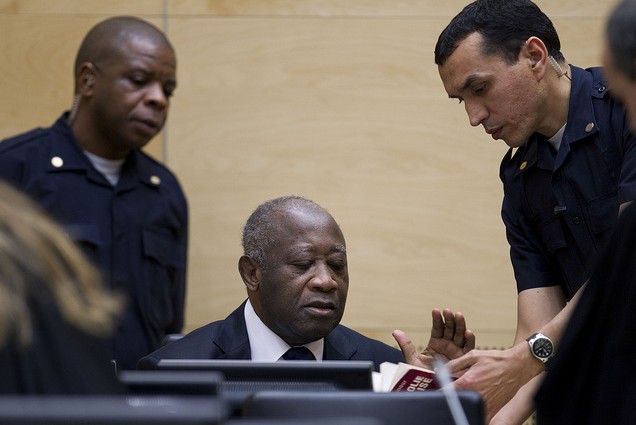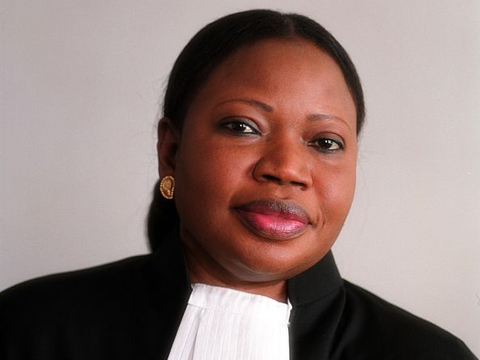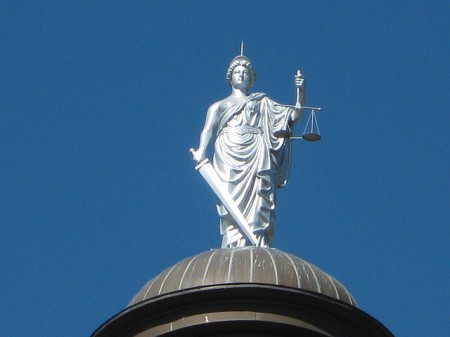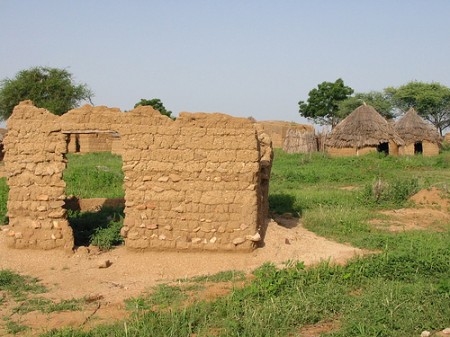
I wonder how Laurent Gbagbo, sitting in his cell in the International Criminal Court’s (ICC’s) prison in Scheveningen, has reacted to the announcement of the result of Ivory Coast’s legislative elections on 15 December. Alassane Ouattara’s ruling coalition won an overwhelming majority in the national assembly – nearly 220 out of a total of 254 seats. These elections followed a period of violent upheaval in response to the disputed presidential elections of October 2010. They were, however, marked by low voter turnout (36.6%) and a boycott by the opposition.
But while Gbagbo may be satisfied with the effectiveness of the electoral boycott, he nevertheless ceases to have any direct influence within the political system of Ivory Coast. Instead, he can call himself the first former head of state to stand trial at the ICC. Gbagbo’s arrest warrant lists four charges of crimes against humanity, alleged to have occurred between 16 December 2010 and 12 April 2011.
The new chief prosecutor confirmed that the ICC became active in this case upon the request of the Ouattara government. Prior to the legislative elections Gbagbo was moved from house
arrest in the Ivory Coast to The Hague. The move reflects Gbagbo’s convictions that as long as he was still in the country, Ouattara would not be able to govern. Thus, said one of his defense lawyers in an interview, Gbagbo considered the indictment as politically motivated.



